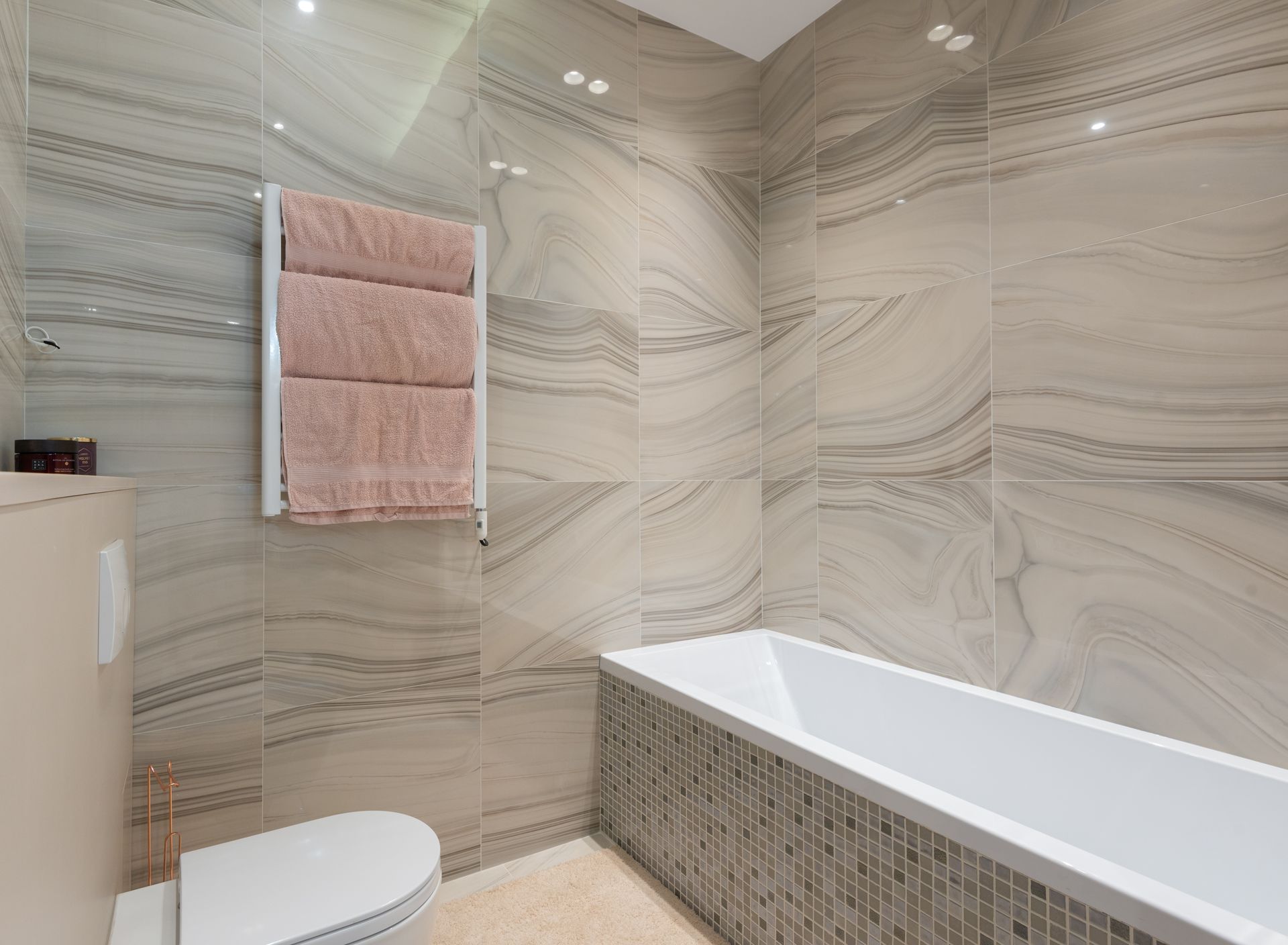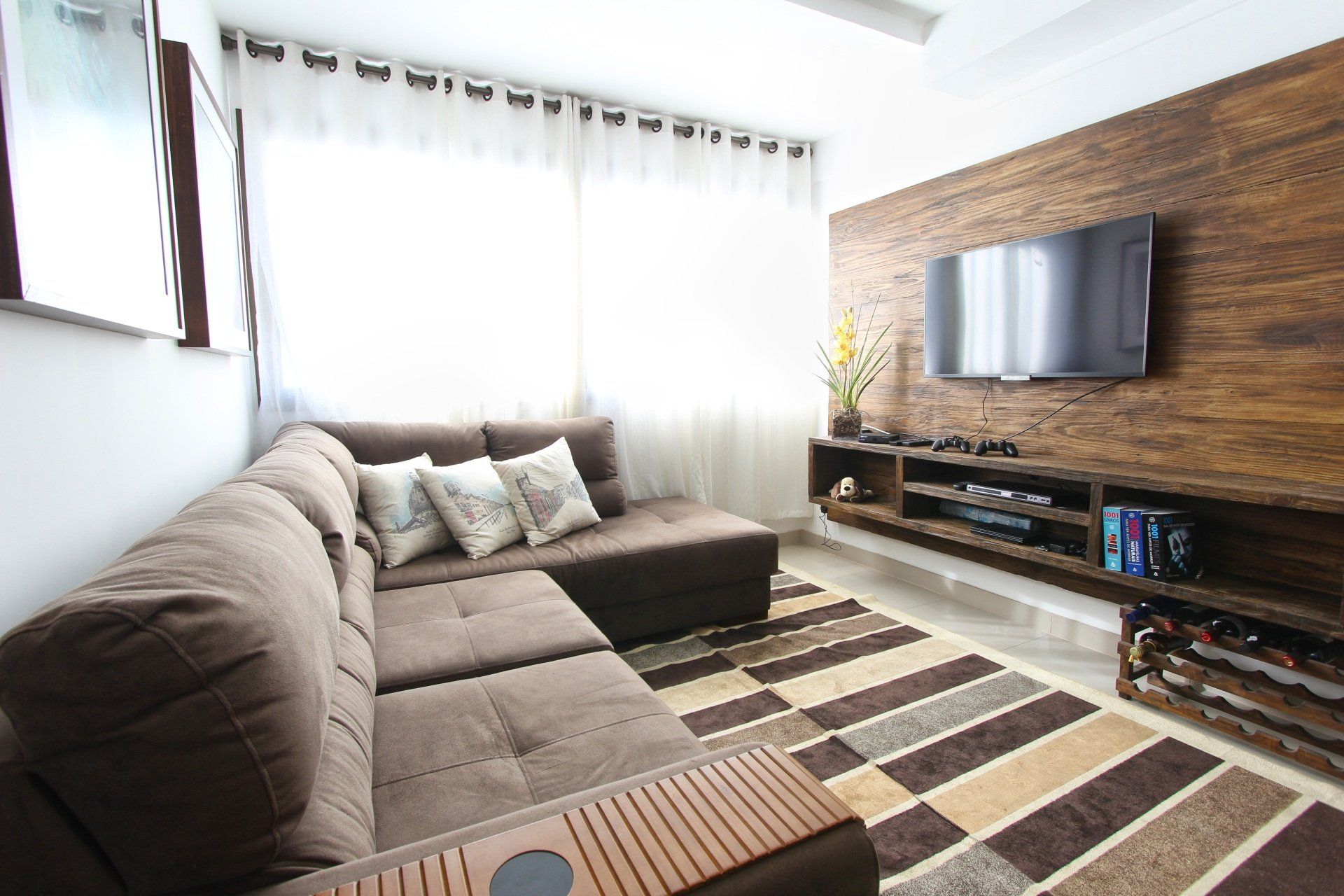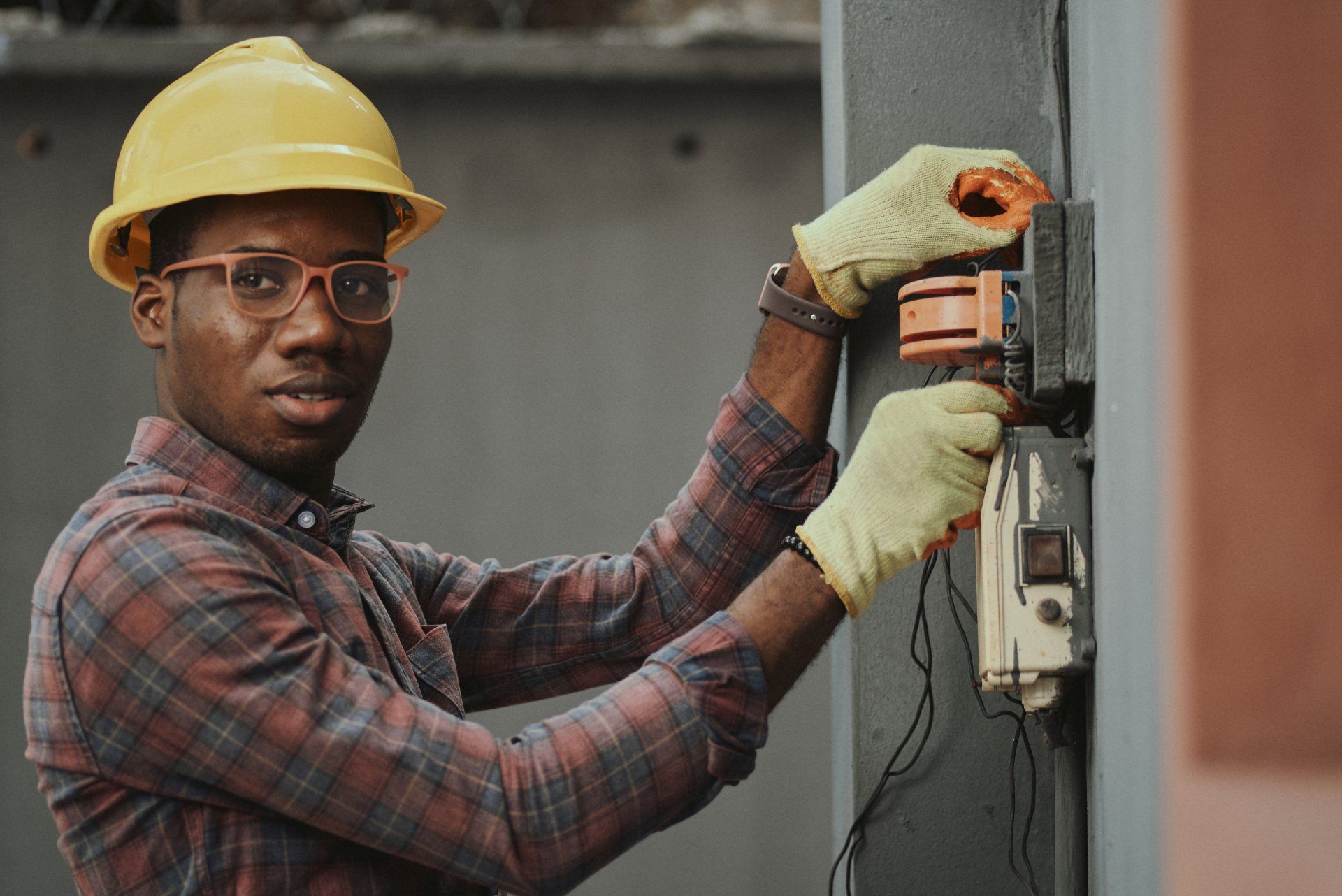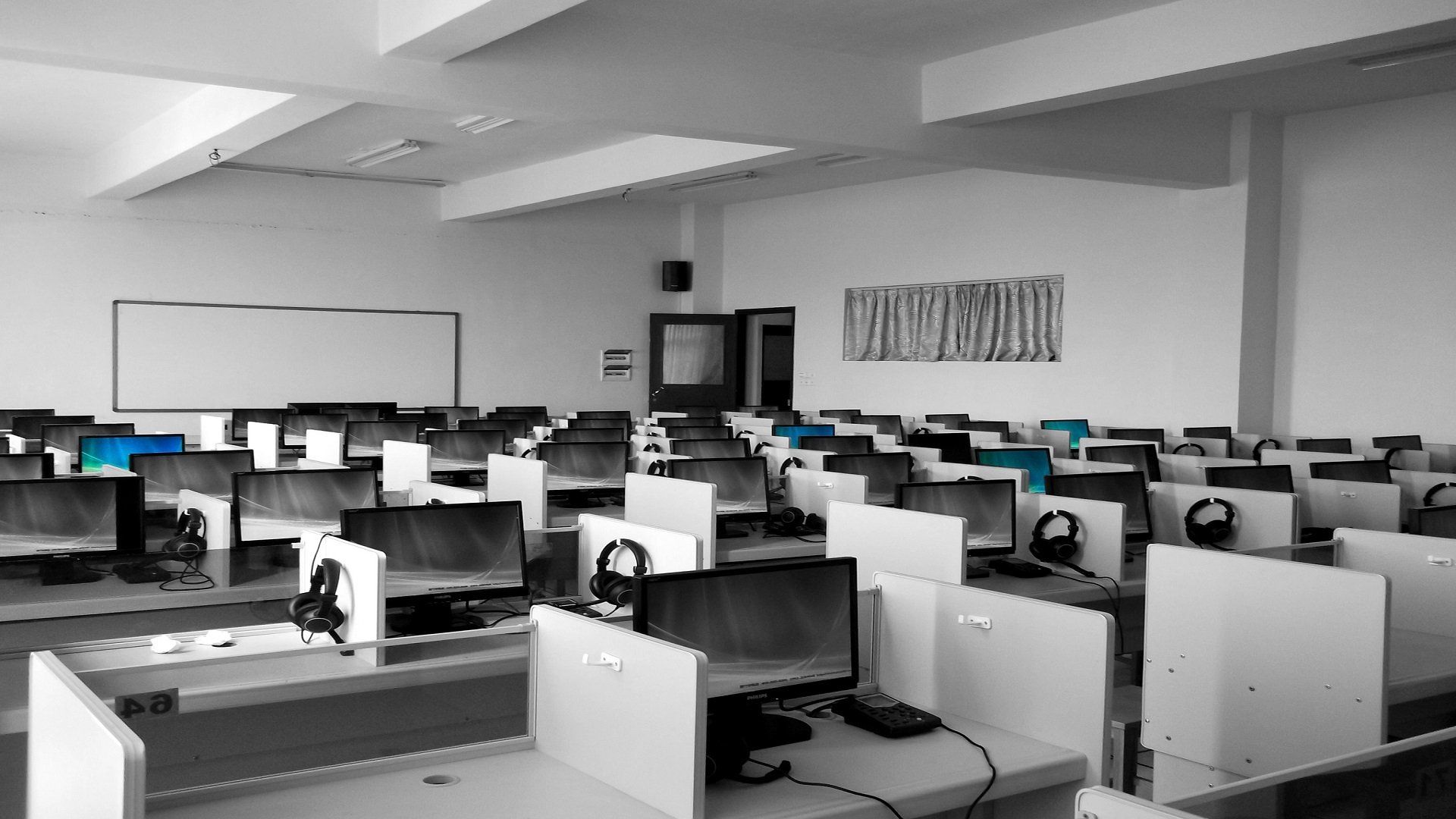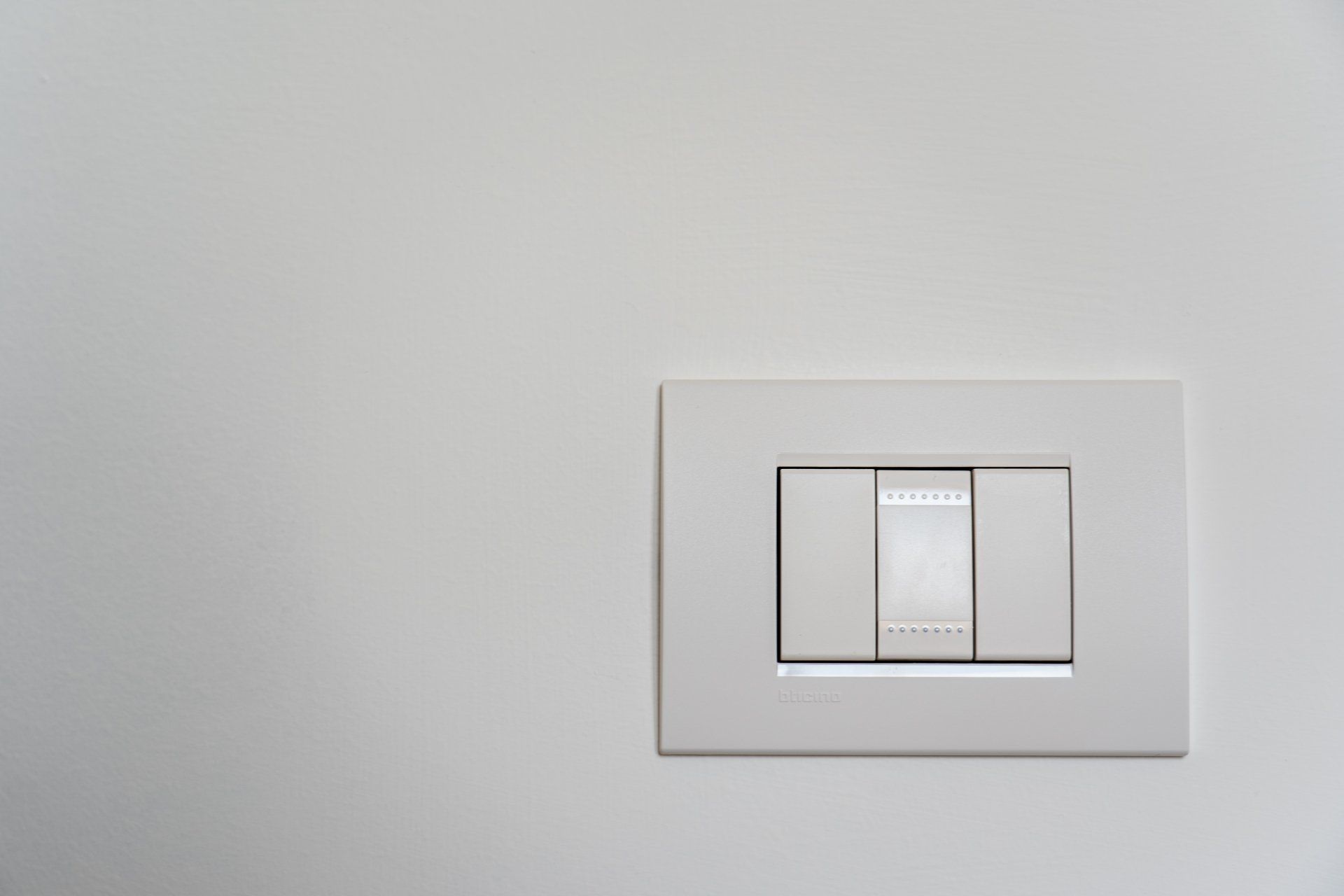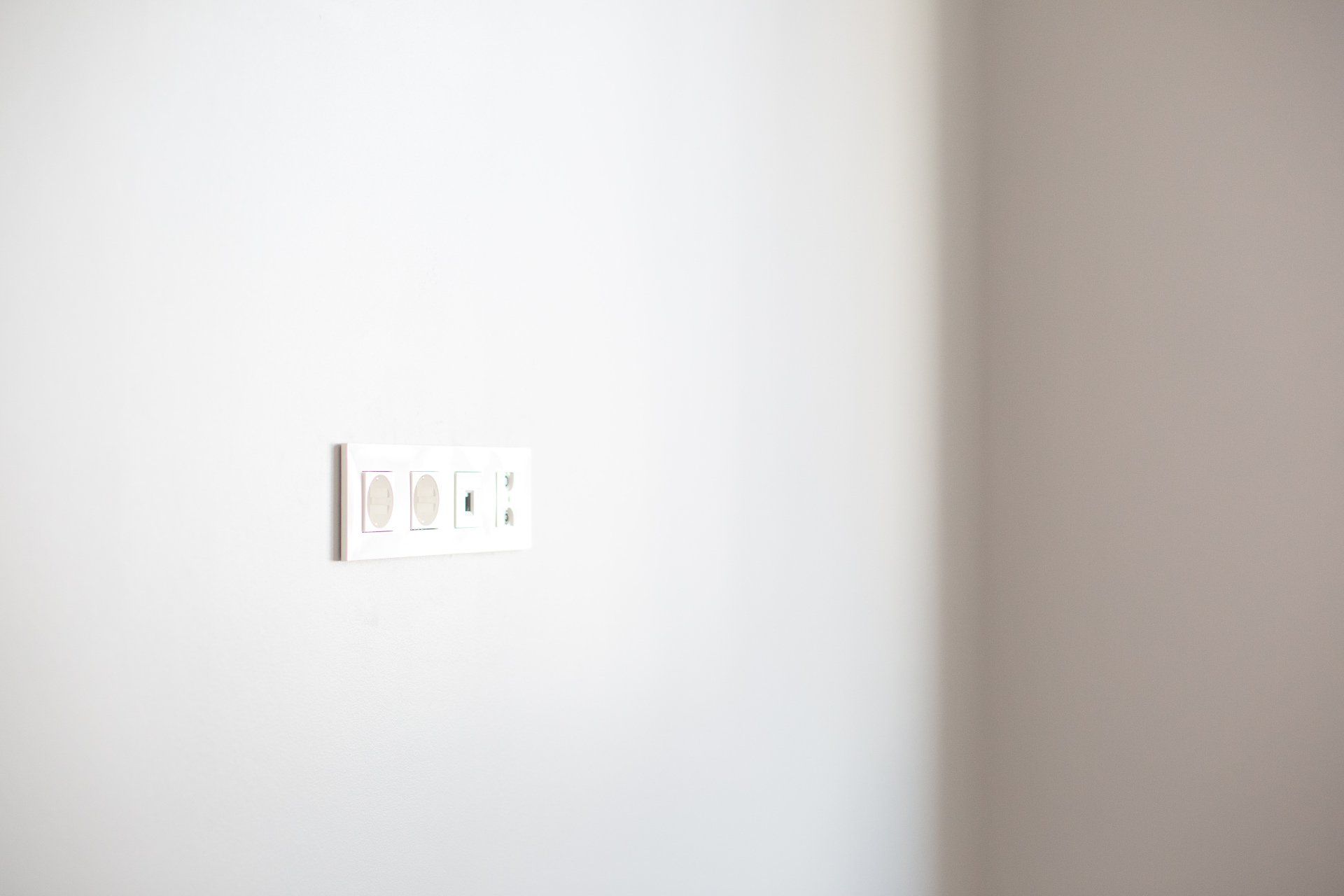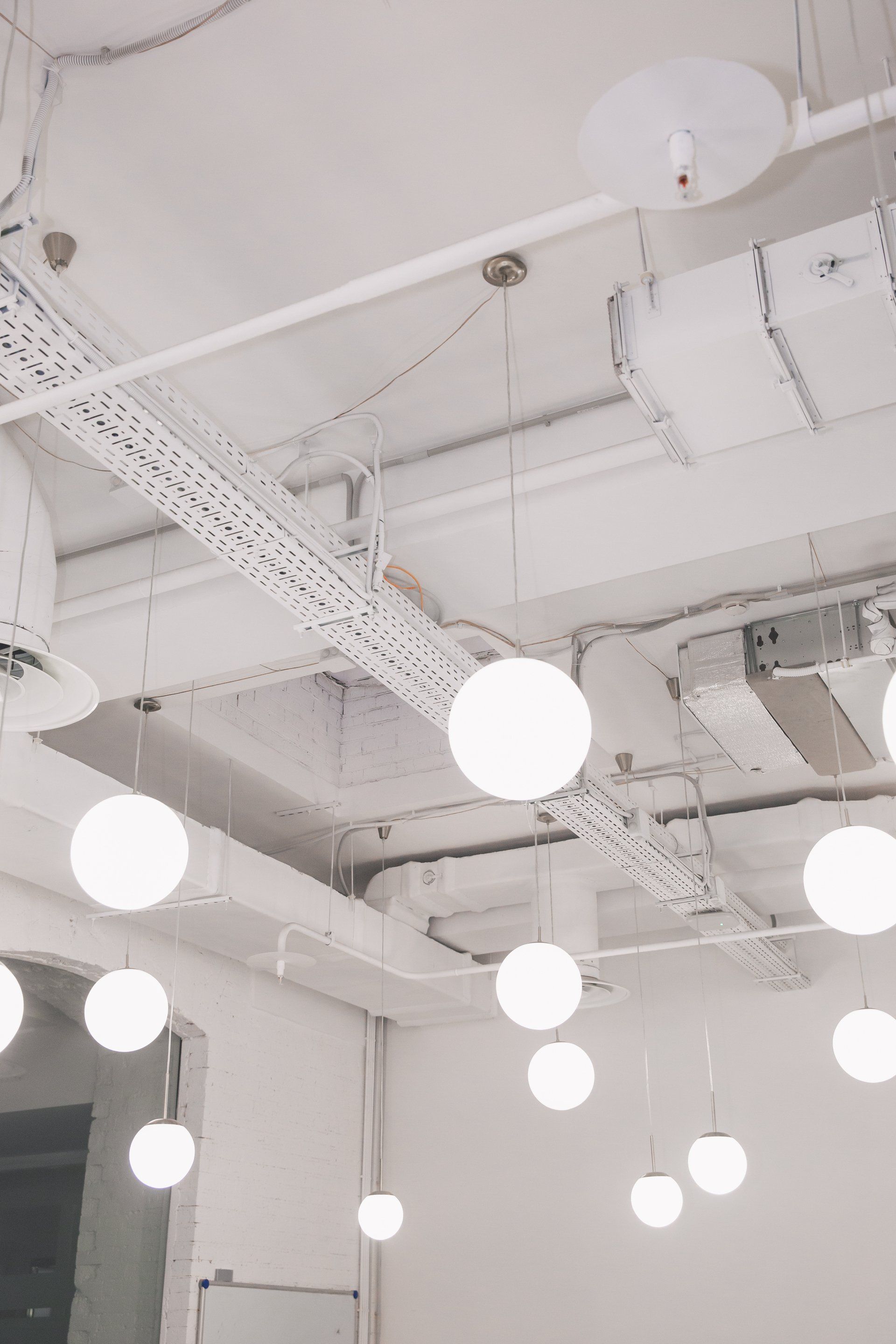SAVING ELECTRICITY AND HIRING AN ELECTRICIAN
SAVING ELECTRICITY AND HIRING AN ELECTRICIAN
Electric emergencies can be unpredictable and typically happen when you're engaged in a situation or when you're not paying attention to typical electrical issues at your workplace or home.
Let's break down the locations into homes and offices.
Offices:
In our workplace where we work, we are constantly surrounded by electronic equipment and their constant use. Thus, the savings of energy in your office is easy to overlook, and the use of fuel could be associated with a Monday morning cup of coffee. It is thought that the world's fuel reserves are being used up to their maximum. The cost of electricity is not an issue because we don't think we need to. It's the real issue, and if it does come to the fore, we'll have to pay a significant amount.
So, we can reduce energy by following a few easy steps:
Air Conditioning:
Simple things like dressing according to the season, maintaining the temperature between 20 and 23 degrees, and keeping windows and doors shut along with a system for energy control could aid in reducing CO2 emissions. In the administration, you could put weather stripping on the windows and doors, which will stop the air from leaving the building and reduce the demand for cooling by maintaining the temperature balance.
Lighting:
It's not uncommon to see the lighting is left on following the departure of a conference room. It's estimated that 15% of a company's cost of energy is spent on lighting. So, shutting off lighting when it is not in use is the standard practice here. Additionally, choosing LED bulbs that help conserve energy, making sure the fixtures are kept free of dust, and making use of daylight as much as possible will ensure you won't be faced with unexpected charges on your energy bill.
Office equipment:
Many people utilize more than a dozen screens, whether on a laptop or a desktop. So, making sure the monitors on laptops and desktops are set to sleep mode when they are not being used and not printing anything in the event of a need can aid in reducing energy consumption.
Cafeteria:
In any workplace, the cafeteria is an ideal place to get together. Be sure to turn all the lights off before leaving and avoid overfilling the kettle while heating the water. It's easy to forget these basic tips when you are in the cafeteria, where everyone is trying to unwind from work.
Homes:
You're in a much better position to conserve electricity in your home rather than the office because everything is within your control. Electrical problems can be dangerous or uninvolved.
A few common problems are the loose outlet plug or a broken light switch or a short circuit, or a damaged extension cord, among other issues. It's important to repair these issues since they can turn into larger issues and can cause other equipment that is connected to them to release energy and eventually become dangerous problems.
Dimming or flickering lights, light bulbs burning out, often hot and dead outlets, and frequency tripping breakers are all dangers. These are the primary problems to be addressed since they use a lot of energy and pose a danger to the safety of your family. The majority of these issues should be dealt with by a professional electrician, as the problem is caused by a broken connection such as an overheated wire or an untripped breaker. The majority of the time, it occurs to stop an explosion in your home, and expert assistance is required to deal with this.




